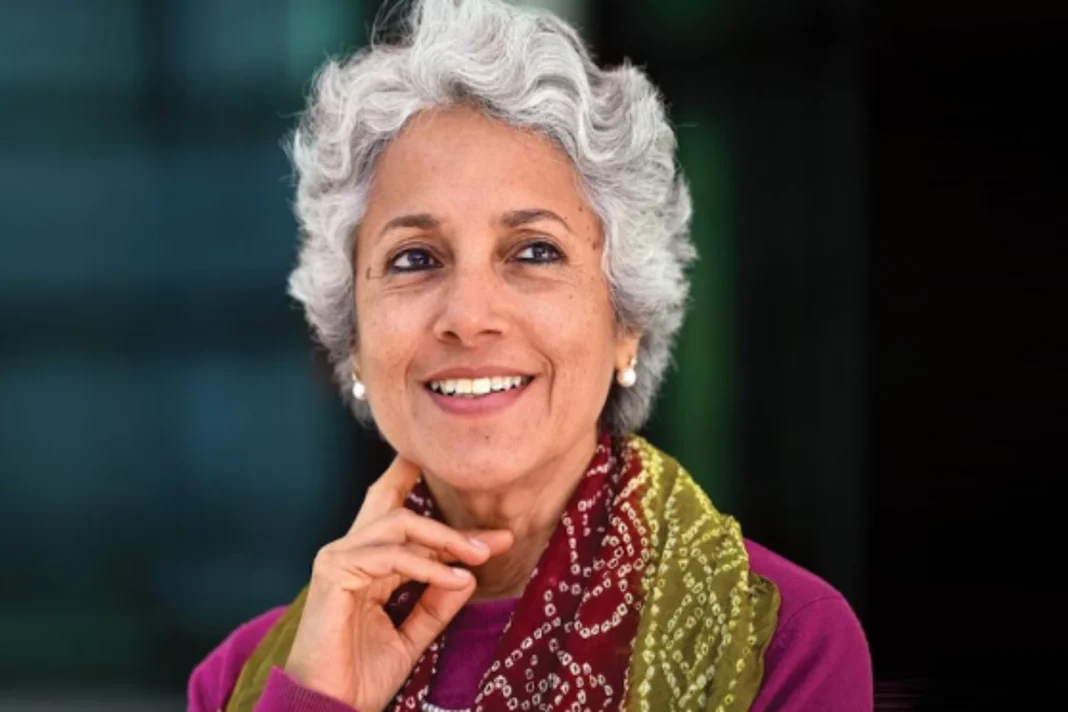JN.1 Covid: Two distinguished medical experts have issued a warning regarding the rising number of Covid-19 cases in India following the discovery of the JN.1 sub-variant of Omicron in the nation, more than a year and a half after India saw the Omicron wave.
Covid-19 Surge in Kochi
Dr. Rajeev Jayadevan, Co-Chairman of the National Indian Medical Association Covid Task Force, revealed in an exclusive interview with NDTV on Wednesday that in the Kochi region, 30% of all patients with influenza-like illnesses who were tested have tested positive for Covid in less than a day. In addition, he mentioned that his neighbour had also tested positive and that Covid cases had become widespread in the neighbourhood.
Long-Term Consequences
Former WHO chief scientist Dr. Soumya Swaminathan, who also spoke exclusively to NDTV, has advised against writing off Covid as a common cold due to the illness’s long-term consequences, which include an increased risk of heart attacks, strokes, and mental health issues. This is in addition to the cases of severe illness.
Contagious Nature of the Variant
But despite being more contagious, the variant might not result in many hospital admissions, according to both experts, in part because of India’s high vaccination rate. Additionally, Dr. Swaminathan noted that India’s health systems have advanced significantly since the first wave in 2020 and the deadlier Delta wave in 2021, and the nation is equipped to manage a spike in cases.
Official Data on JN Cases
Official data indicates that there have been 21 JN cases in India. There are currently 19 sub-variants in Goa and one in each of Maharashtra and Kerala. Although JN.1 is thought to be the fastest-rising variant, according to Dr. Jayadevan, this does not necessarily translate into an increase in cases; rather, it simply means that JN.1 is “dominating the Covid landscape”. Additionally, he noted that even though the number of cases is rising, more people are able to manage the symptoms at home.
Pneumonia Cases in Kochi Hospitals
In response to a question concerning the possibility that 30% of pneumonia cases in Kochi hospitals would test positive for COVID-19 and whether this would happen in other regions of India, Dr. Soumya Swaminathan stated, “We’ve been through this many times before, as you know, over the last four years. This is what we expected and this is what the WHO had talked about. Even when WHO Director-General Dr Tedros Ghebreyesus announced the end of the global public health emergency in May this year, he did say it is still a global health threat.”
Comparison with Omicron
“And that’s what we are seeing now. We’re seeing a new variant, the JN.1, which is a sub-variant of Omicron. So hopefully it behaves like Omicron, which was relatively mild. But what happens is that every new variant gets some properties of being more transmissible. It is able to evade or avoid the antibody responses that we already have in our system. And therefore it is able to create these waves of infection where it infects people who’ve already been infected before,” Dr Swaminathan added.
Role of Vaccines in Covid Containment
Vaccines, according to Dr. Jayadevan, may have helped contain Covid since the previous wave, but when a variant is noticeably different, there is cause for concern. “For example, JN.1 is not like a one-step ahead variant. This is a multi-step ahead variant. We call it the saltation event in genetics, which basically means a pile of mutations suddenly occurring at one go,” he said.
Keep watching our YouTube Channel ‘DNP INDIA’. Also, please subscribe and follow us on FACEBOOK, INSTAGRAM, and TWITTER


